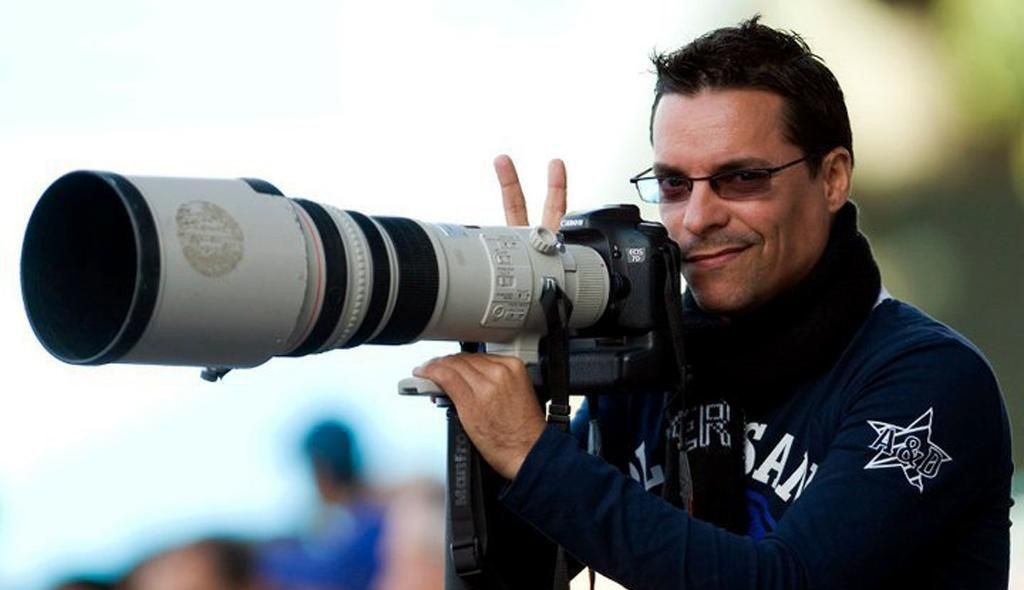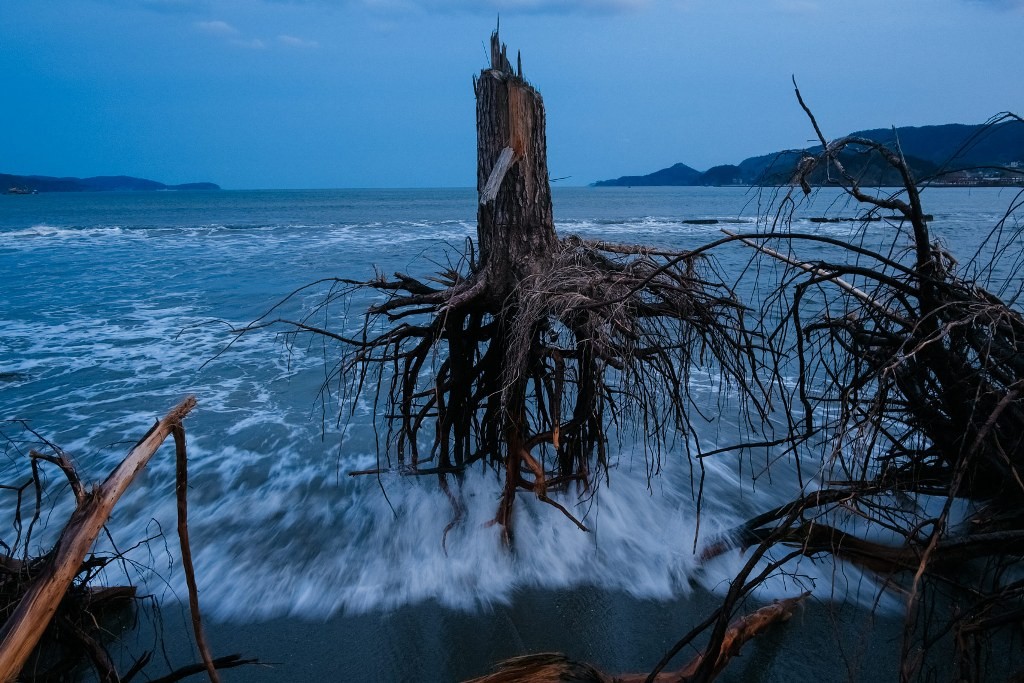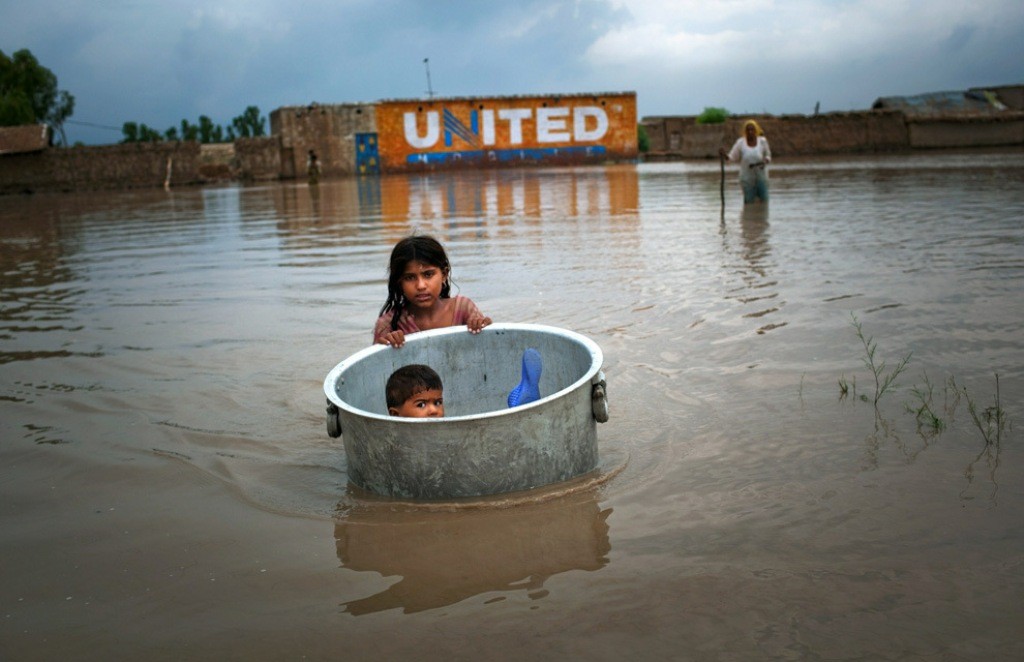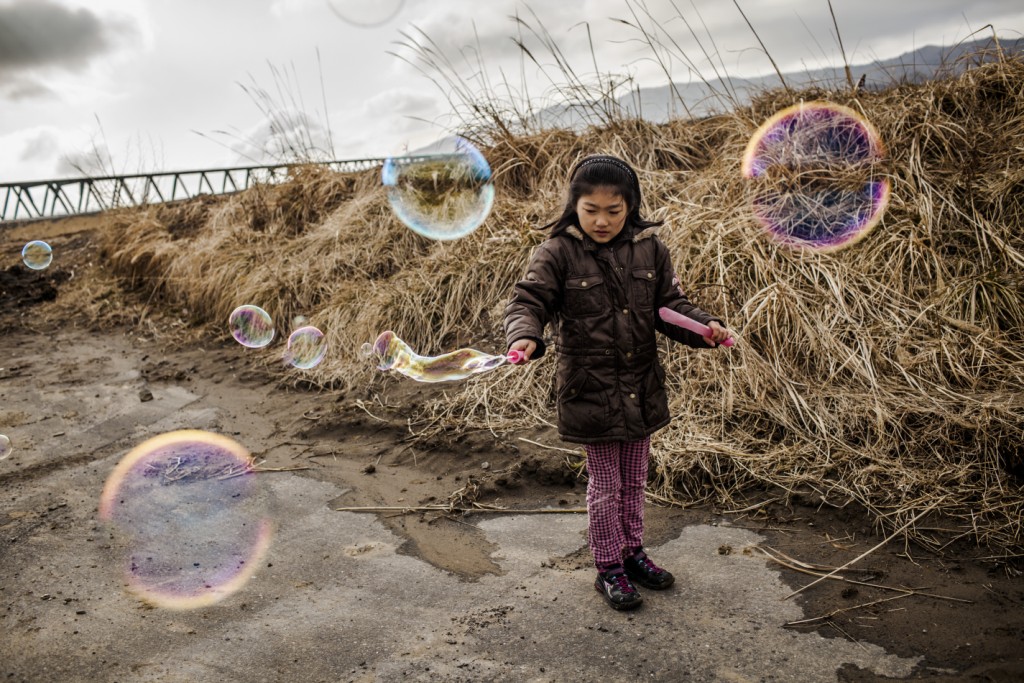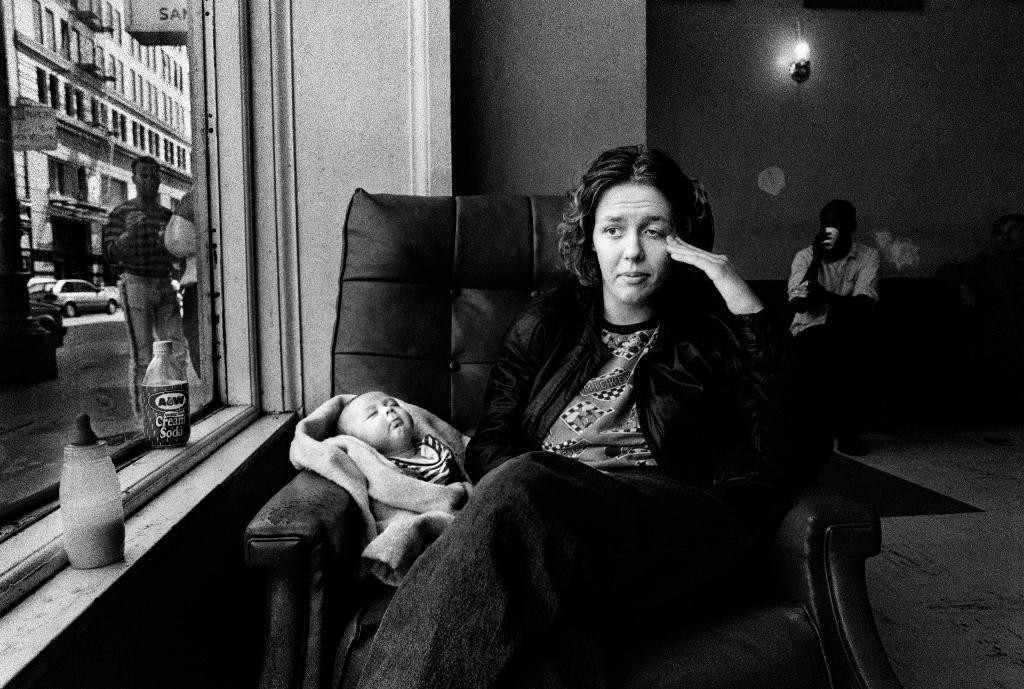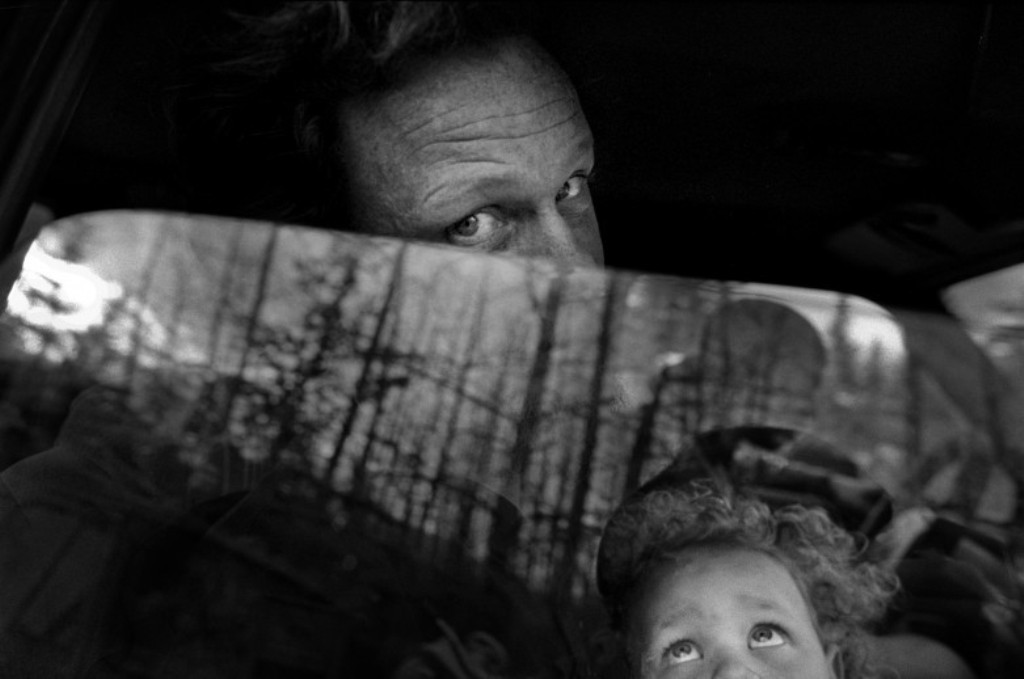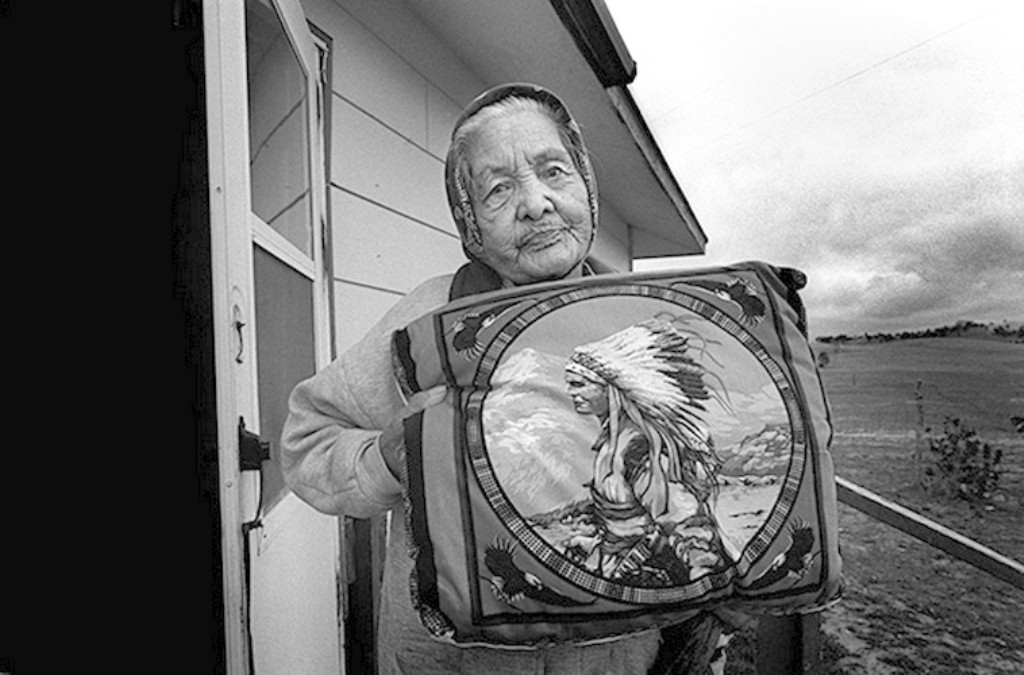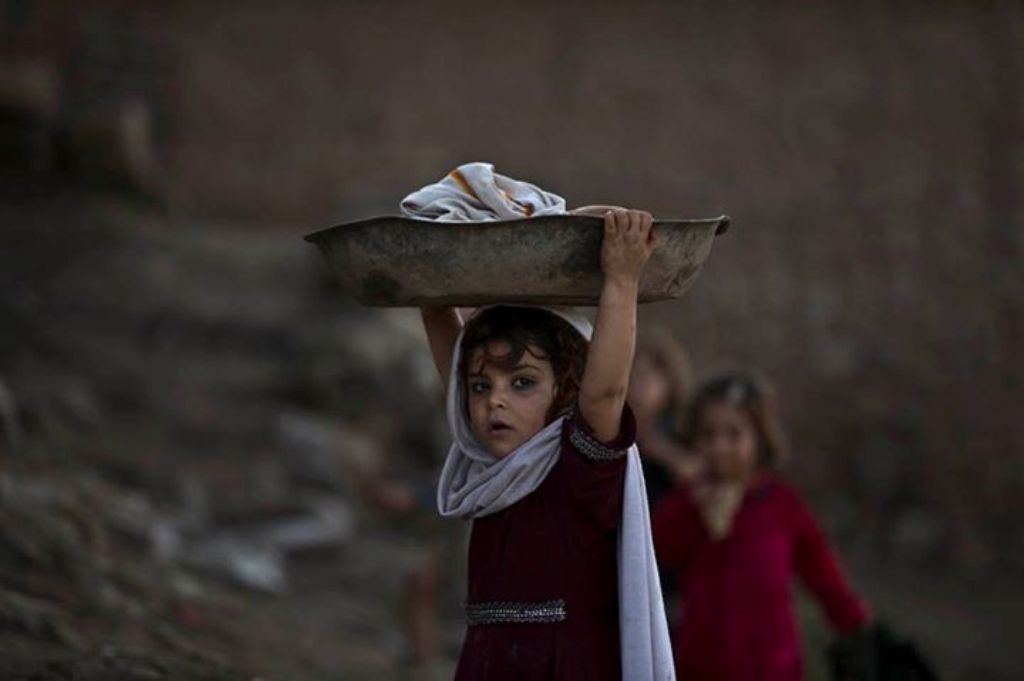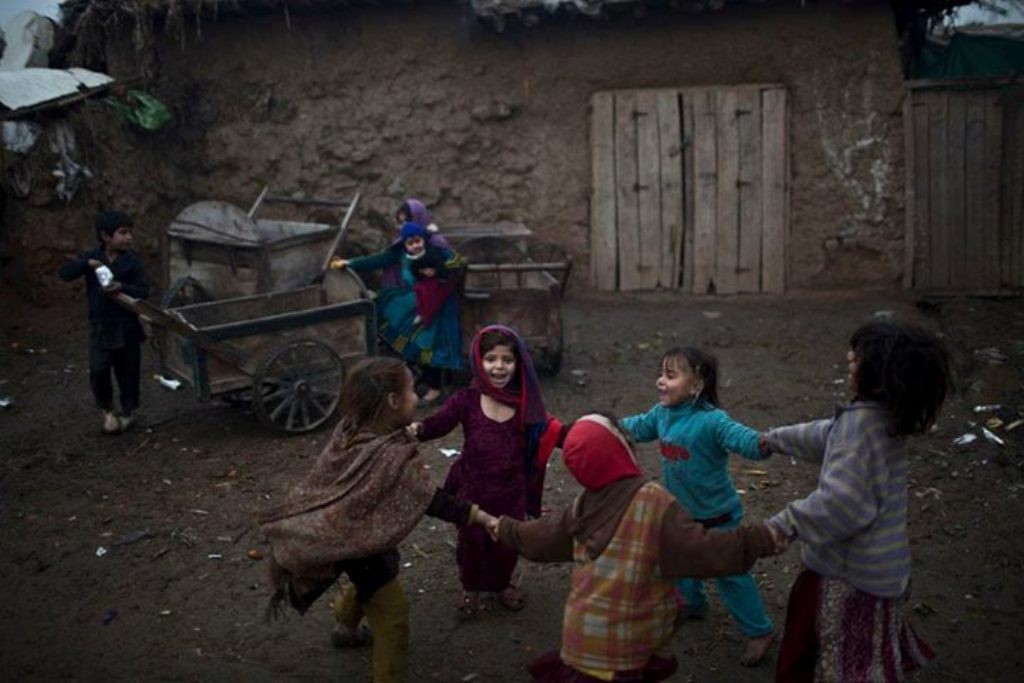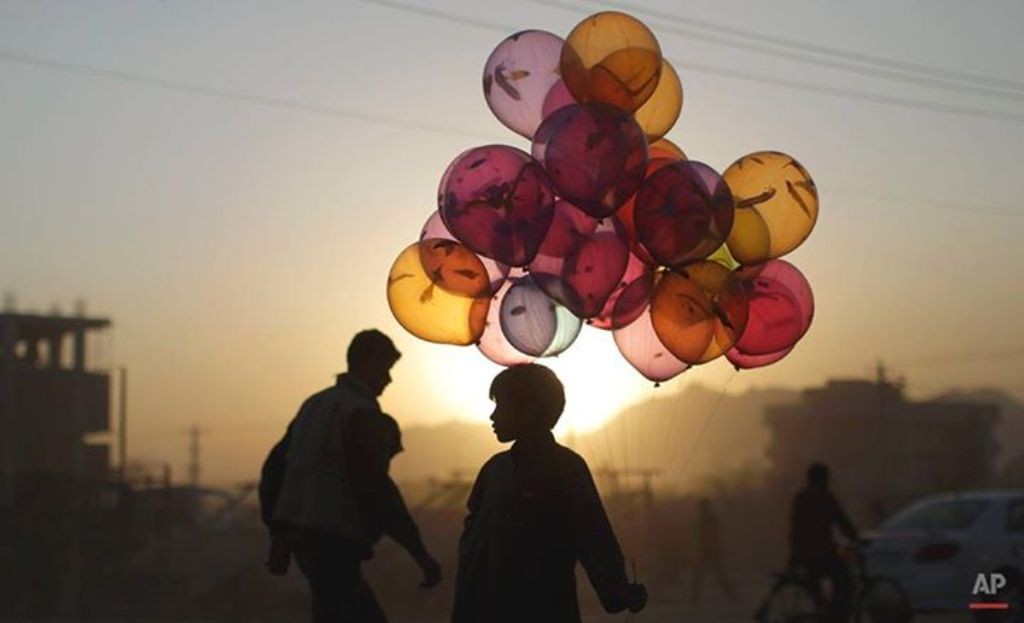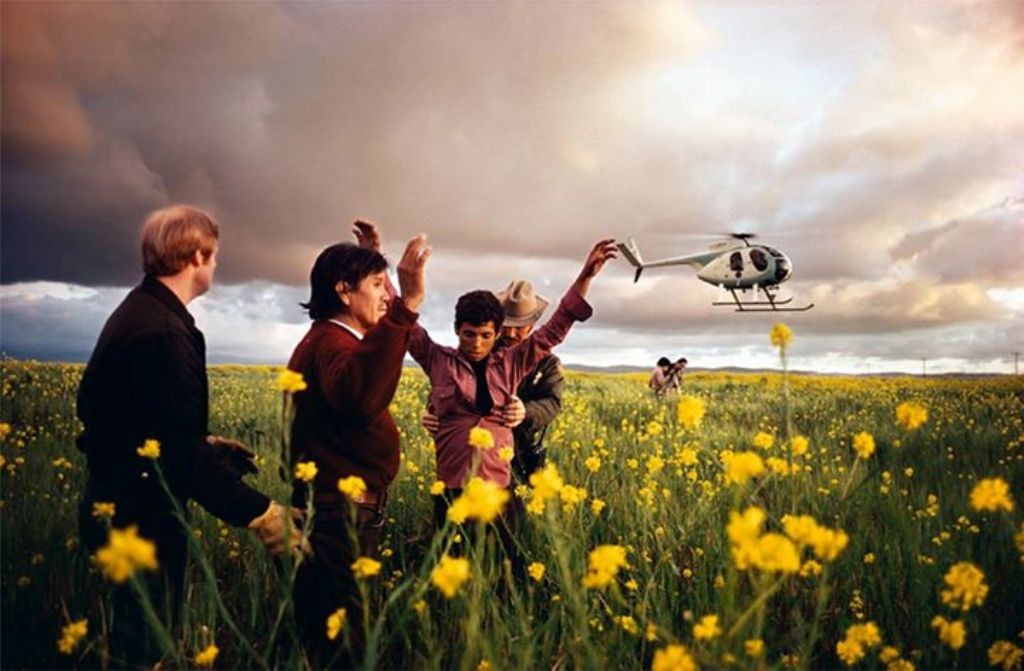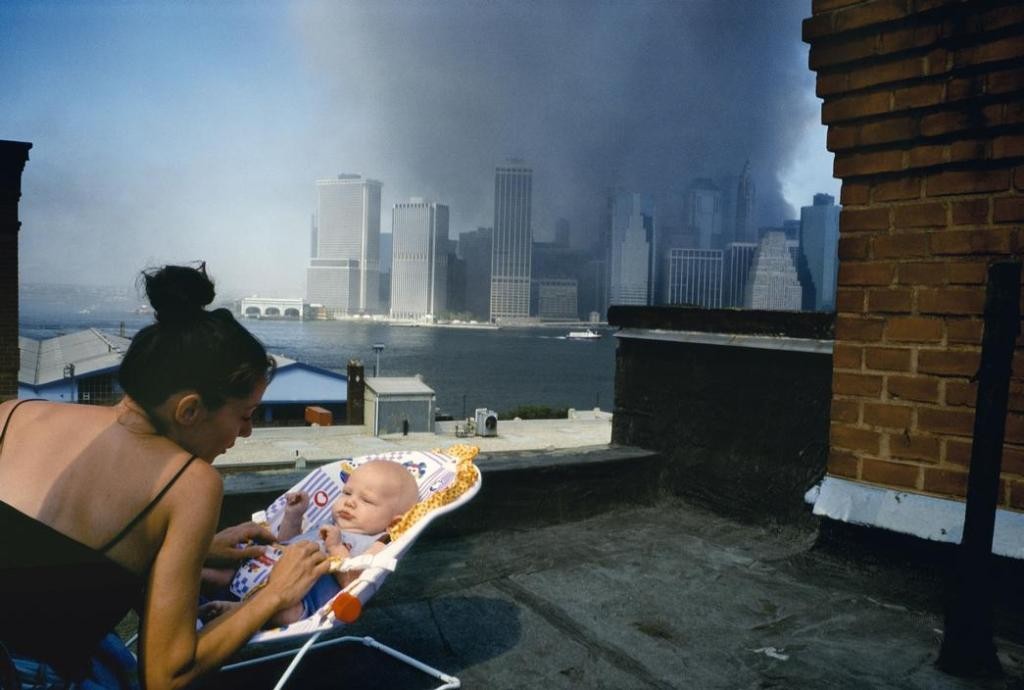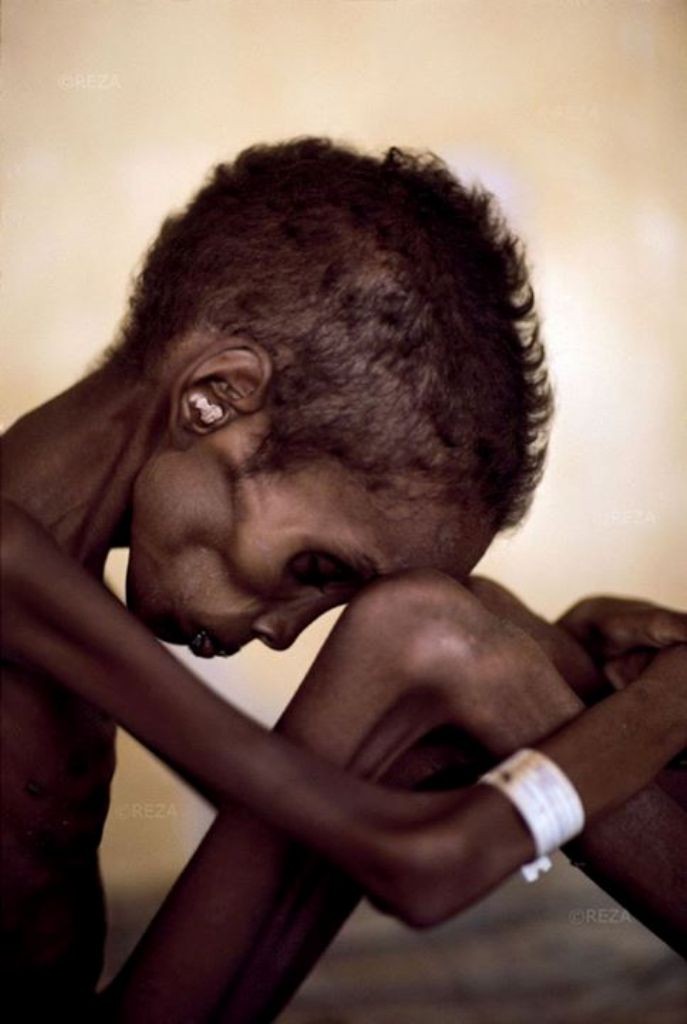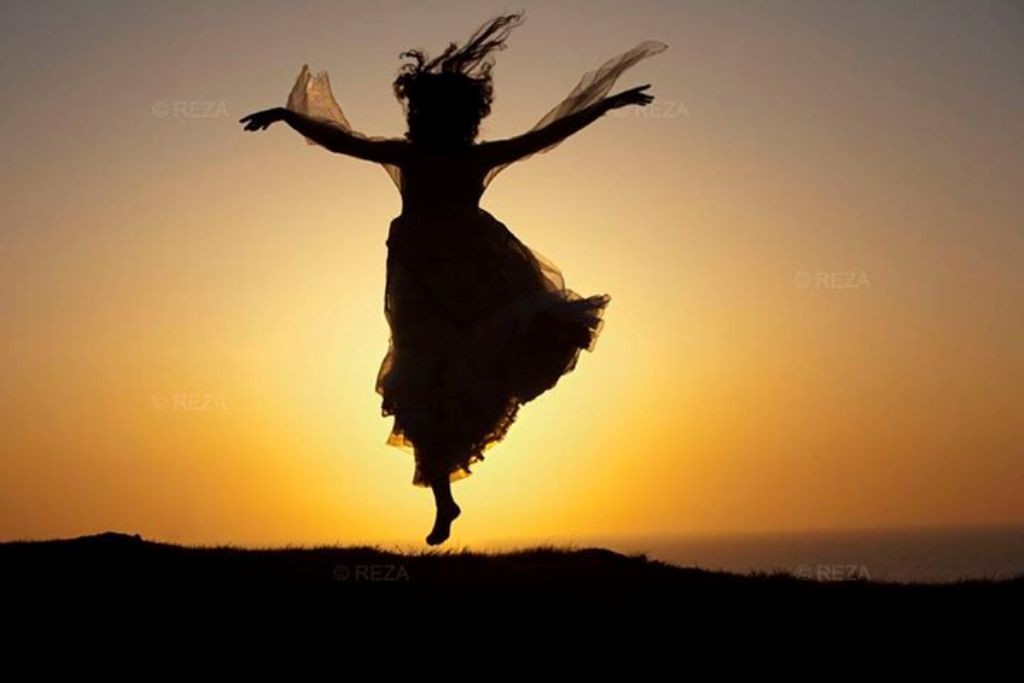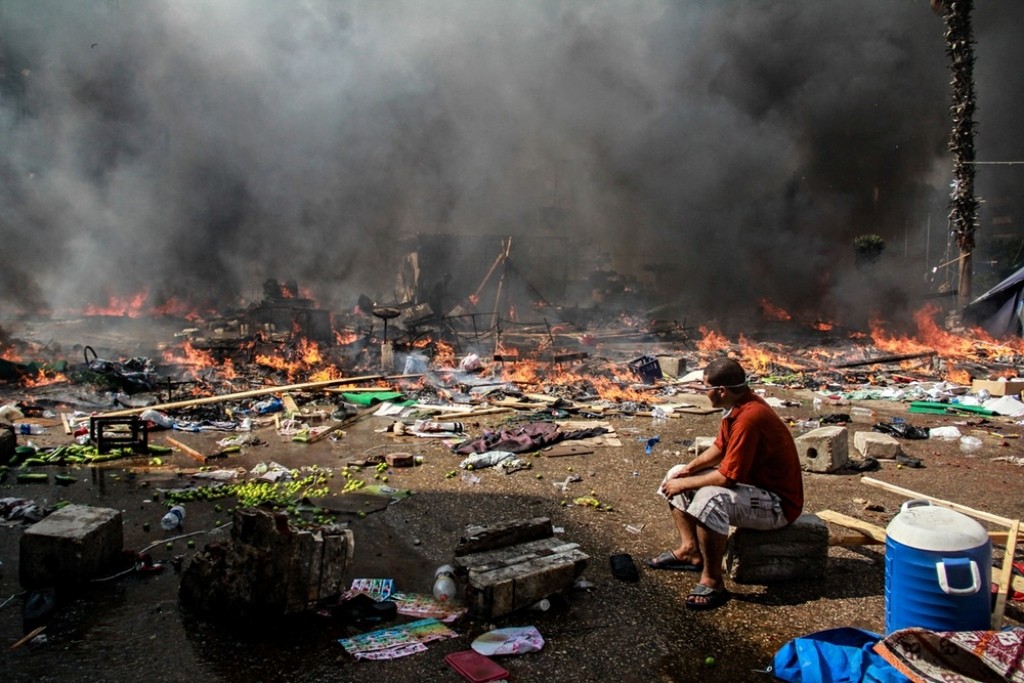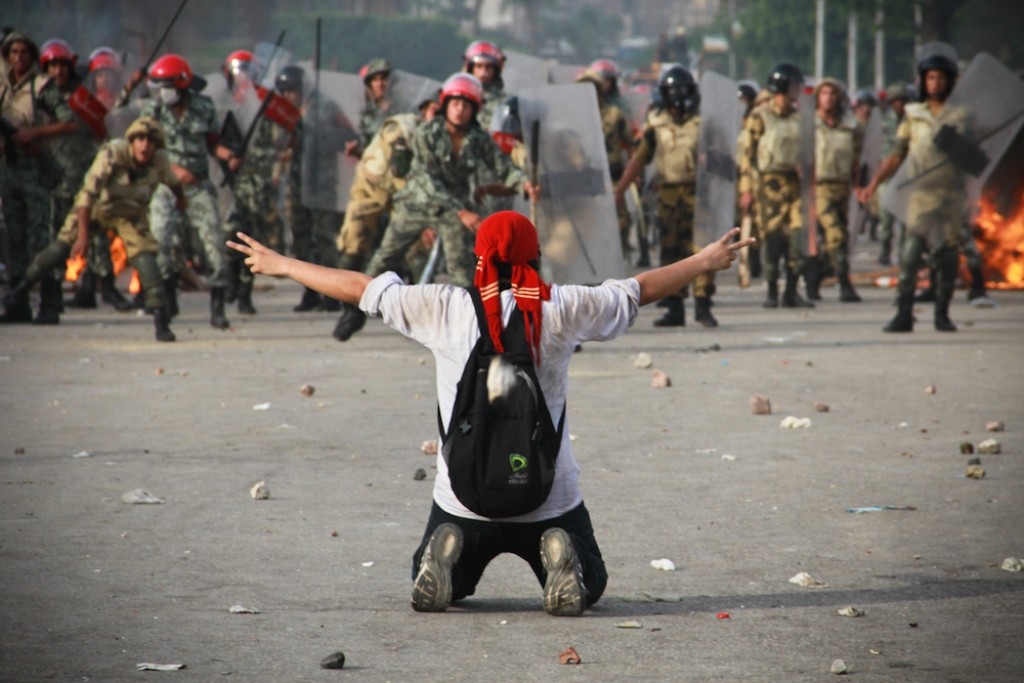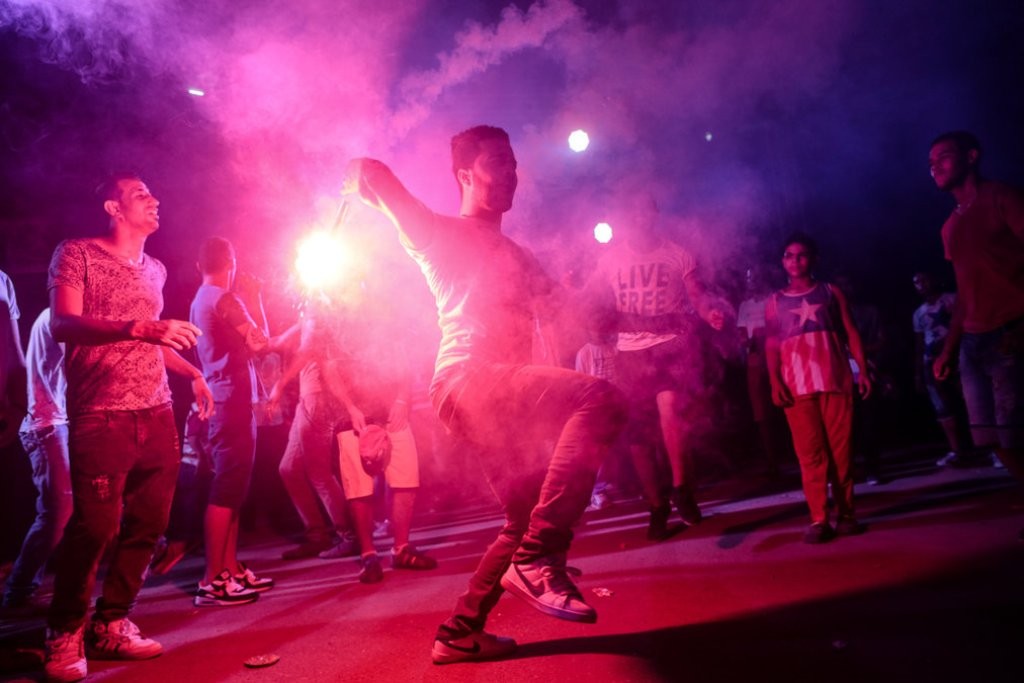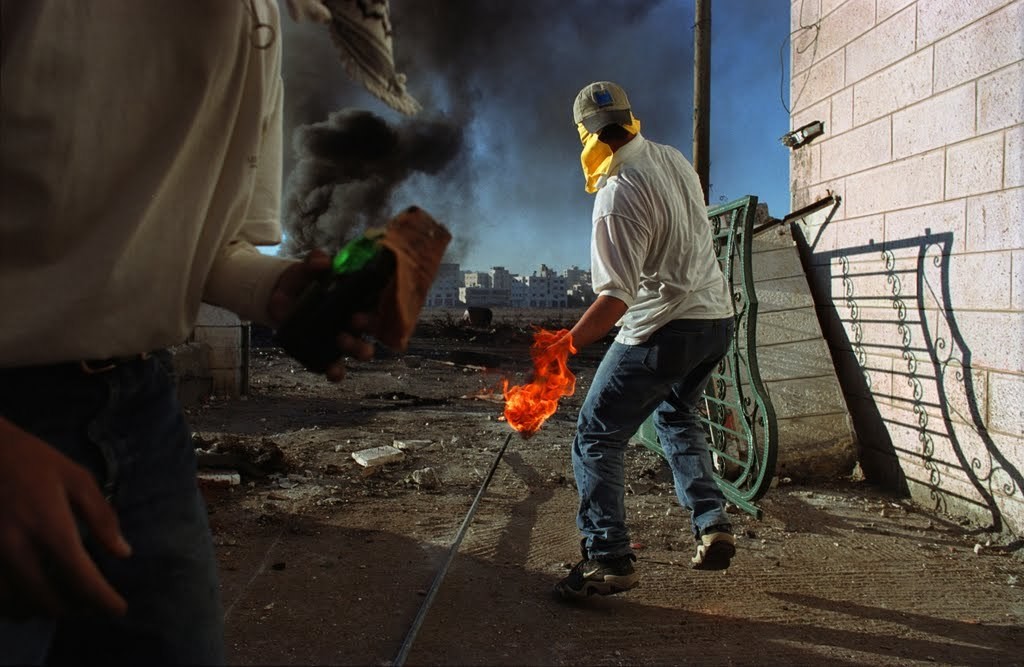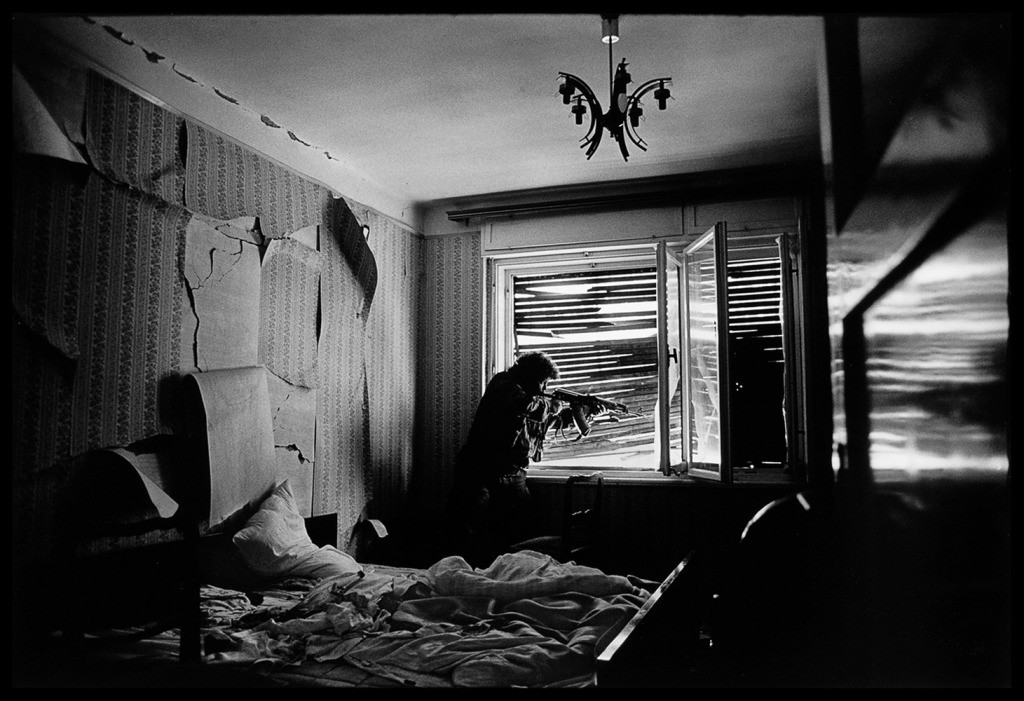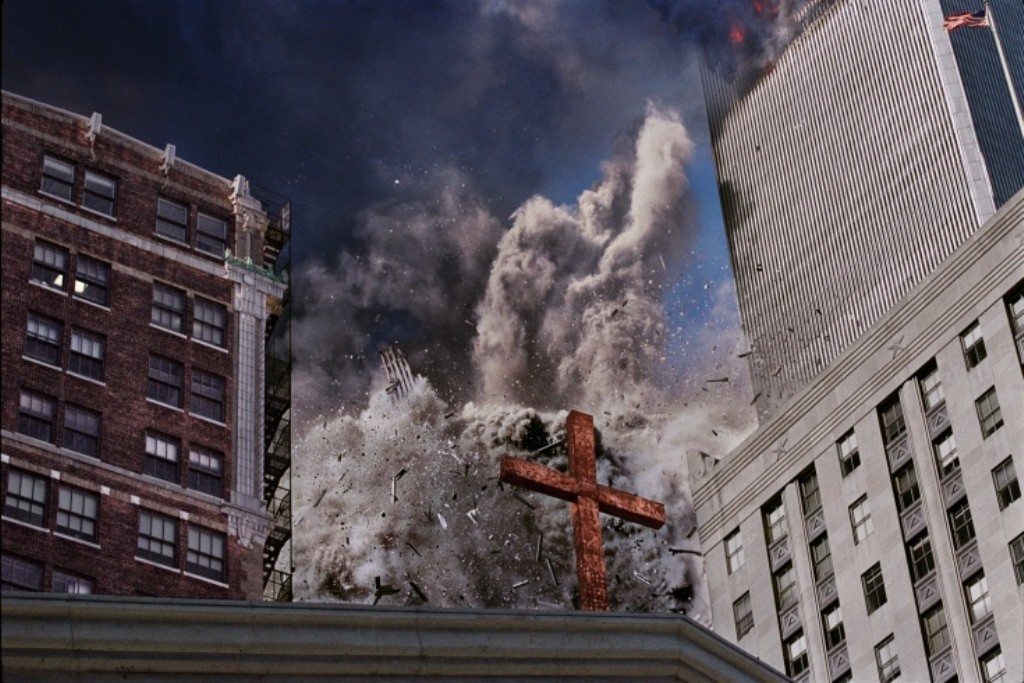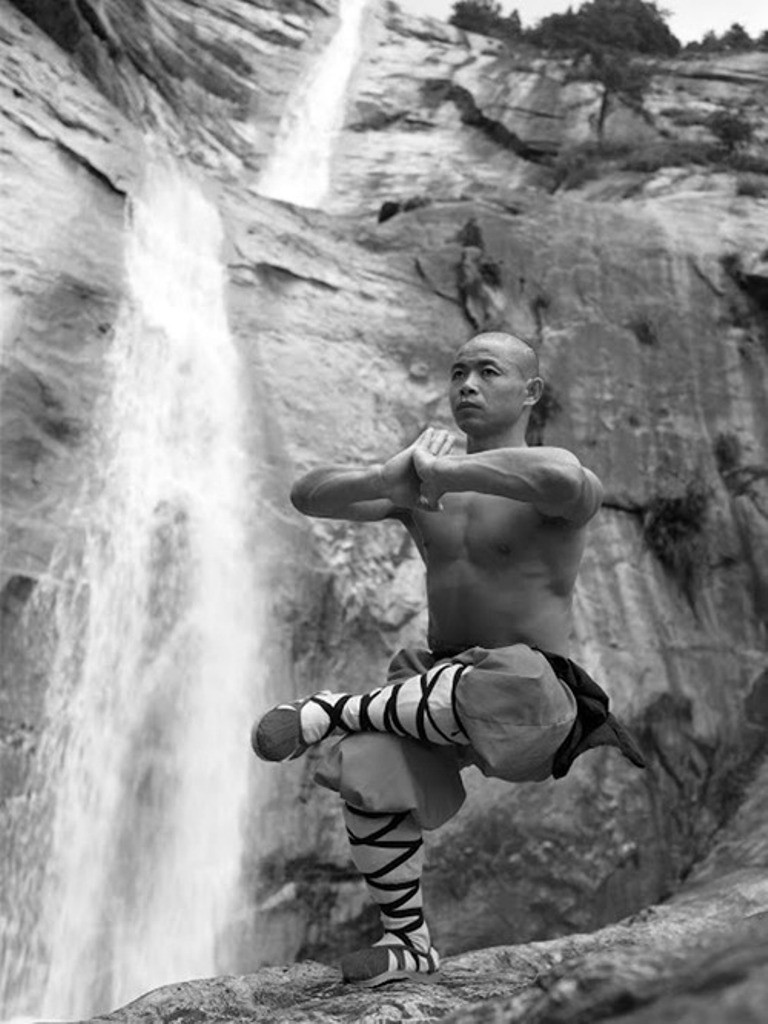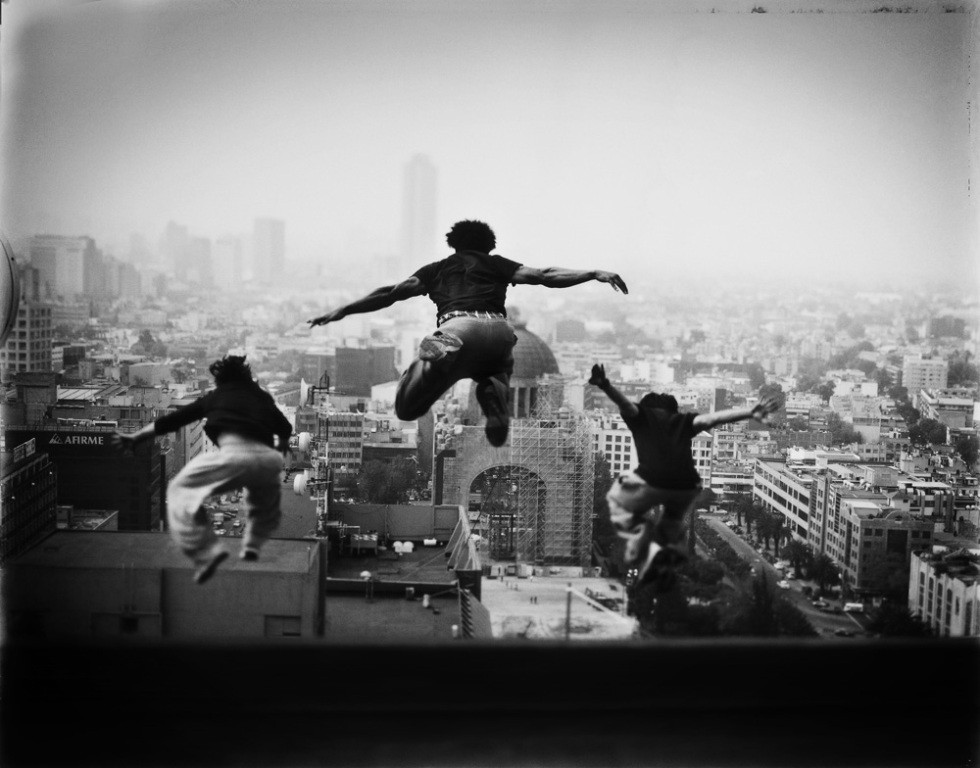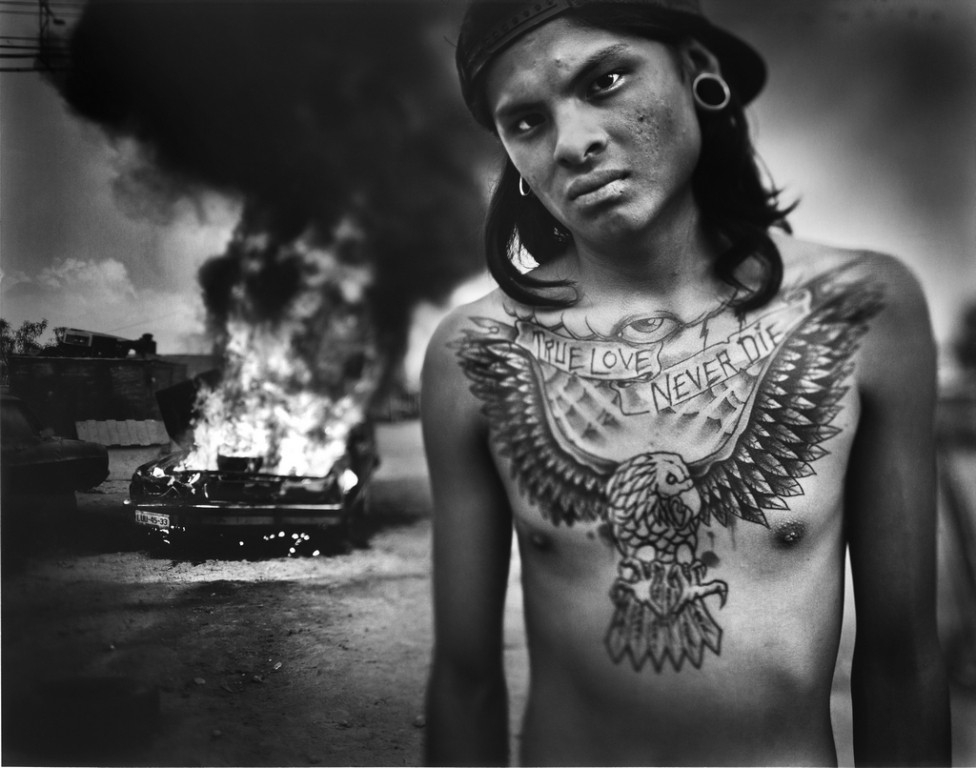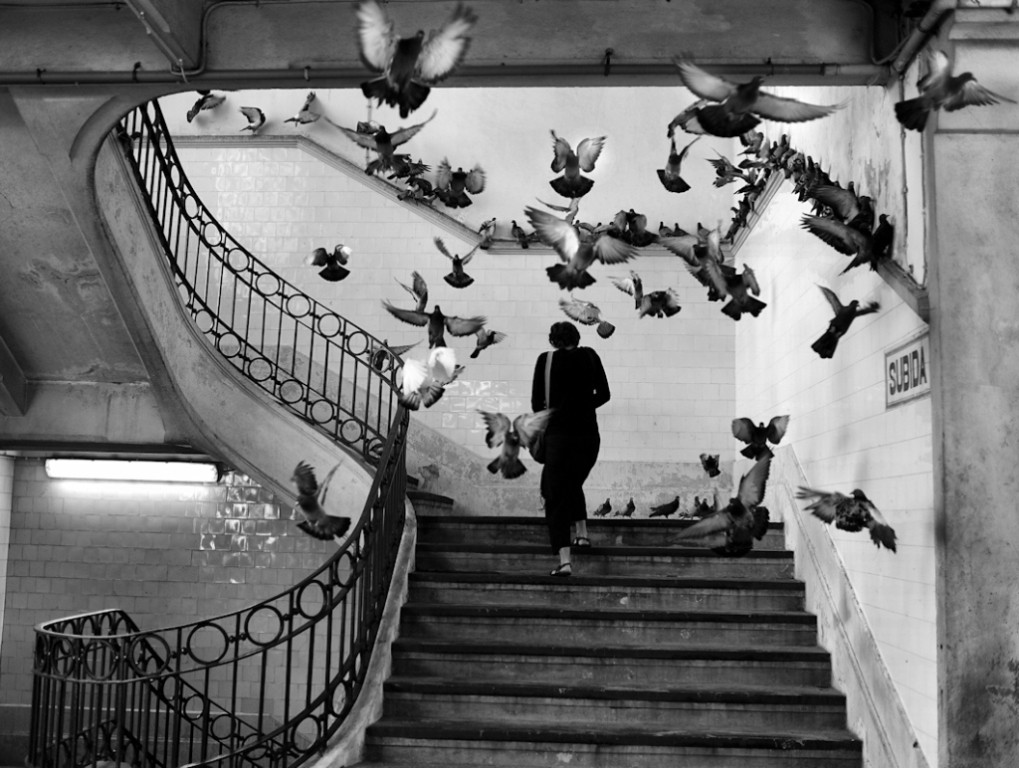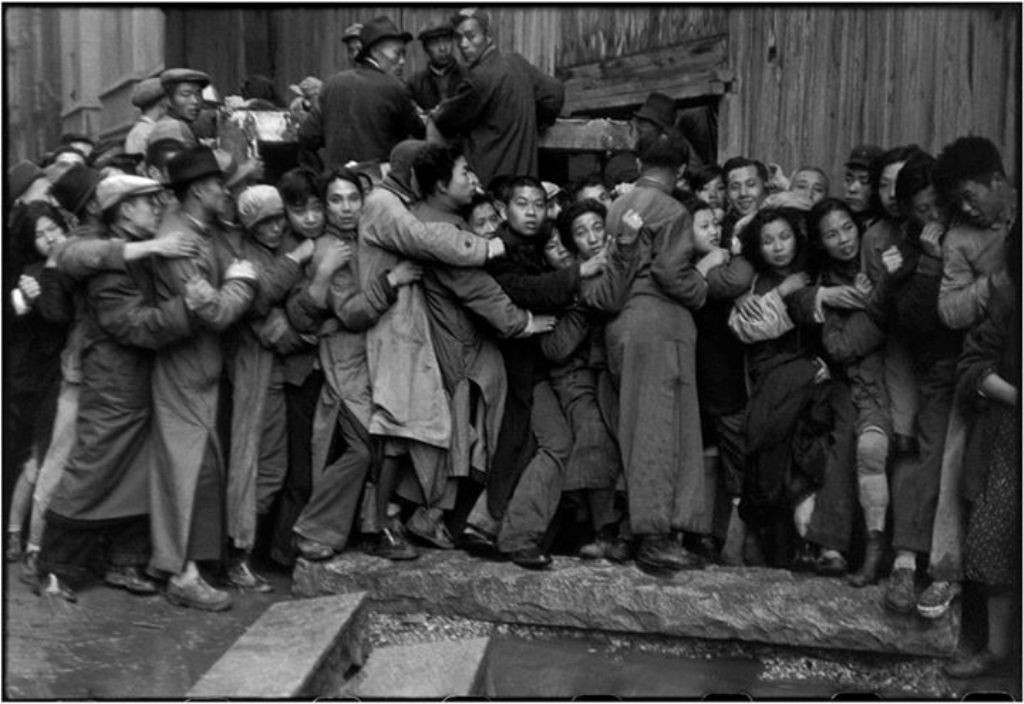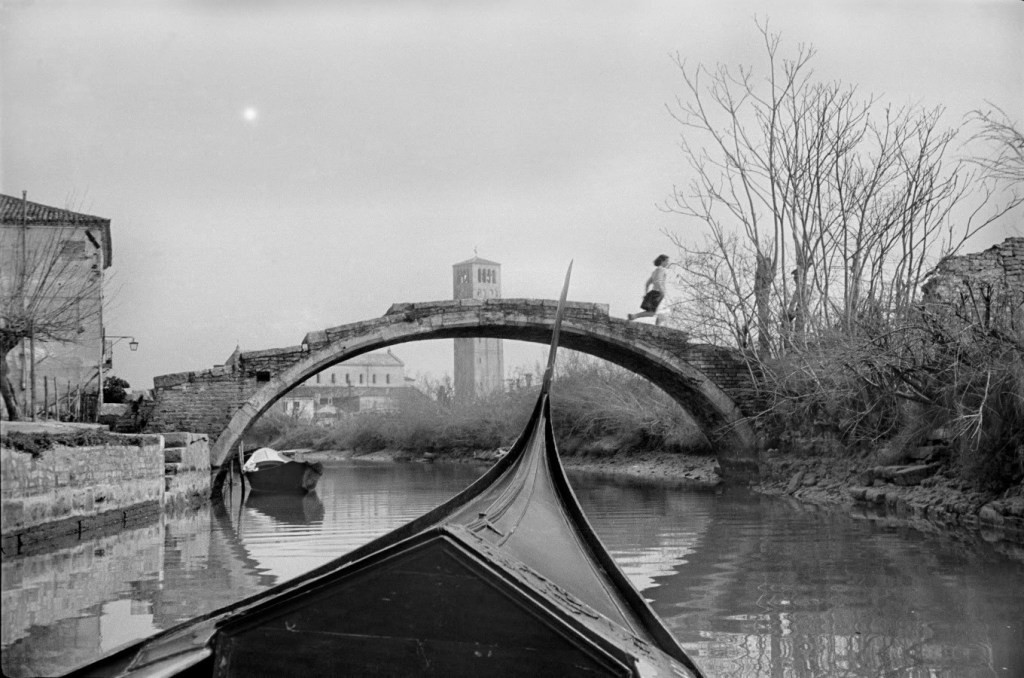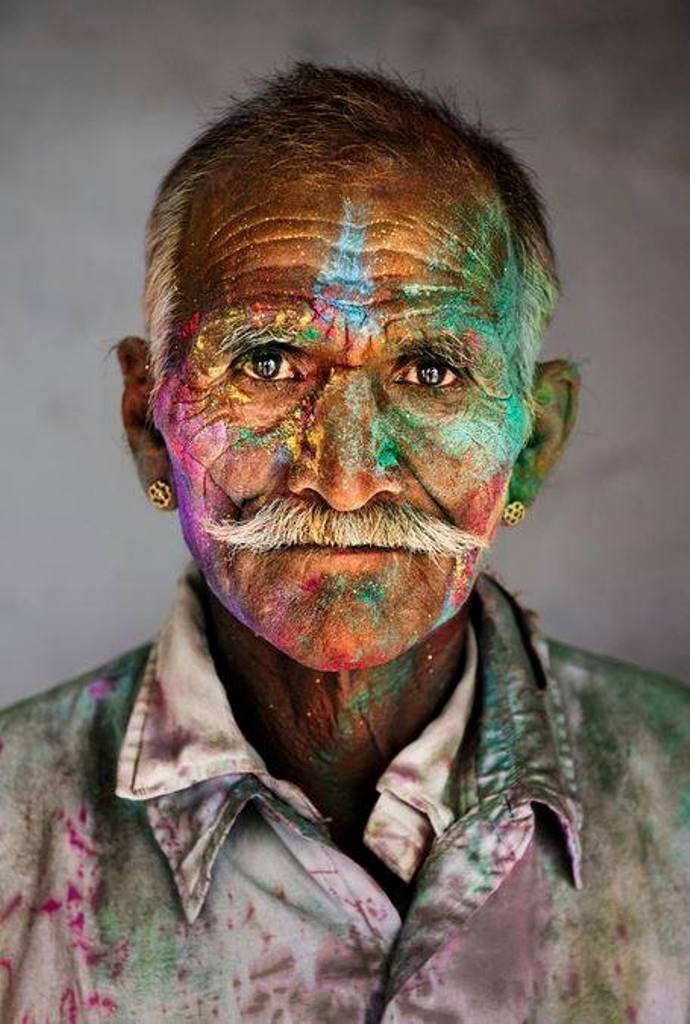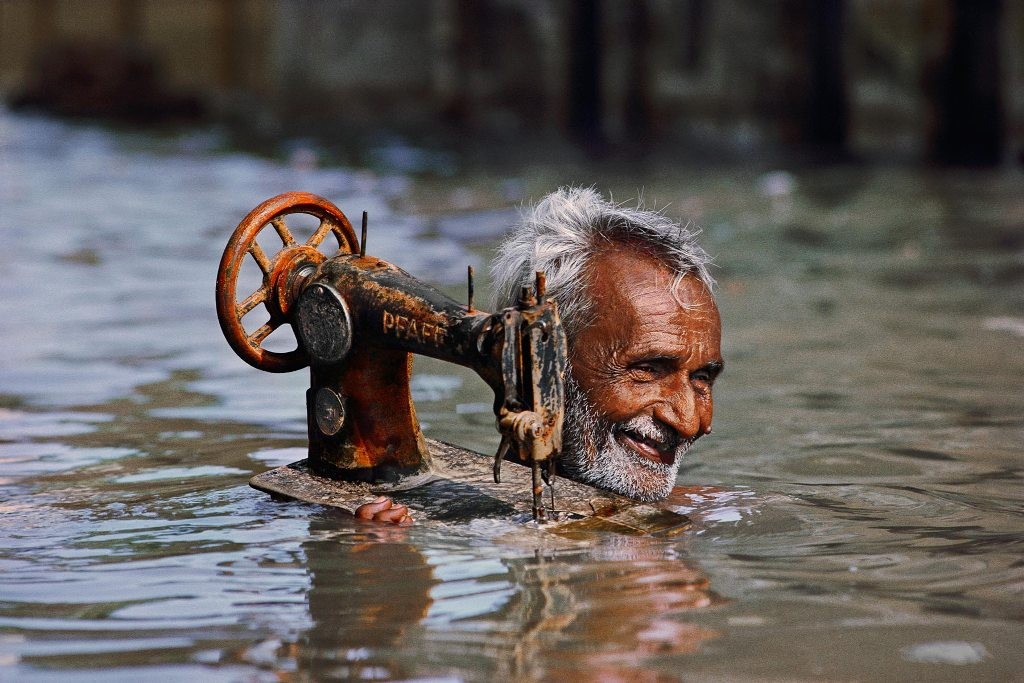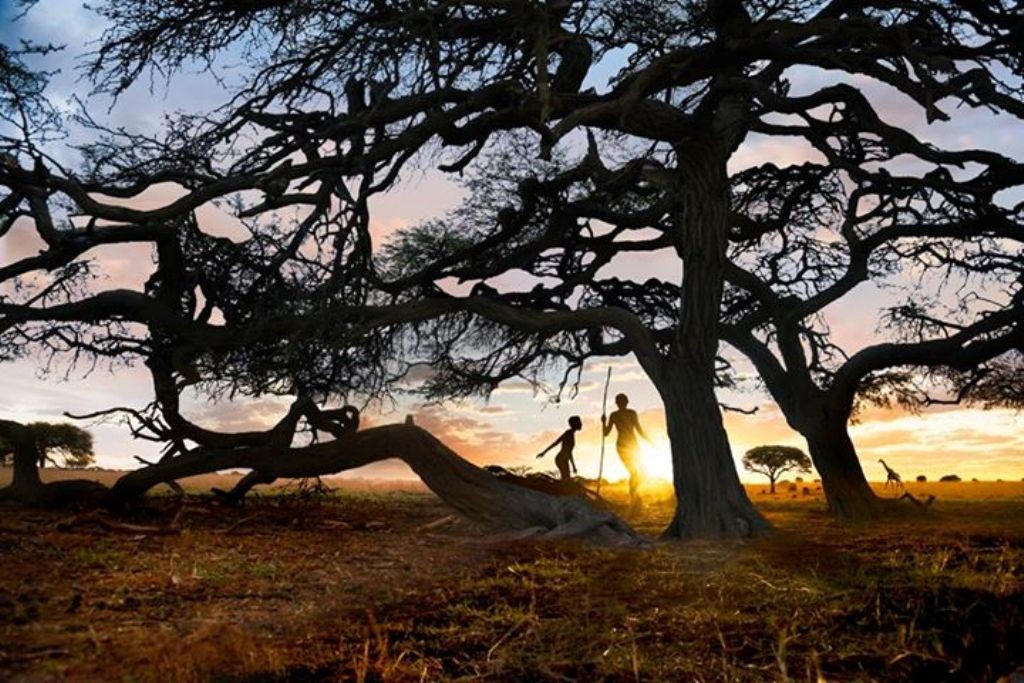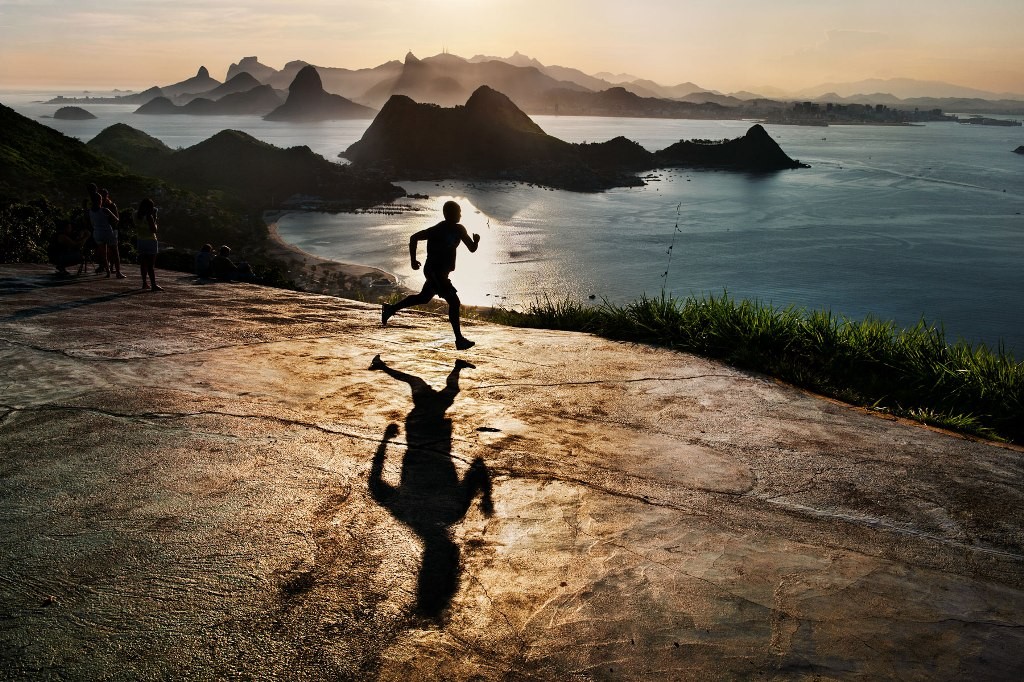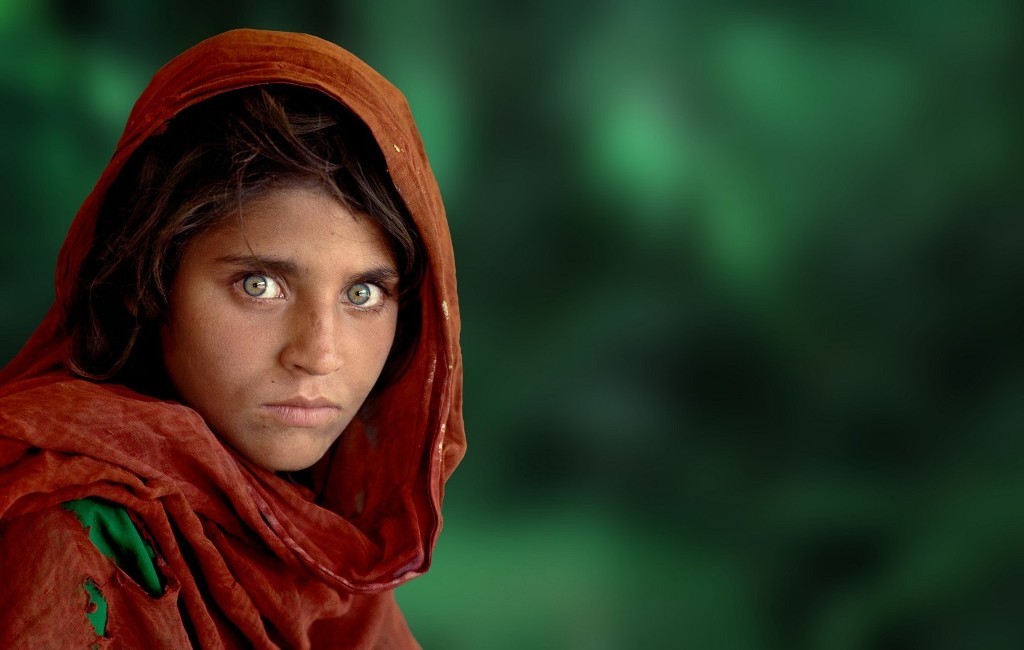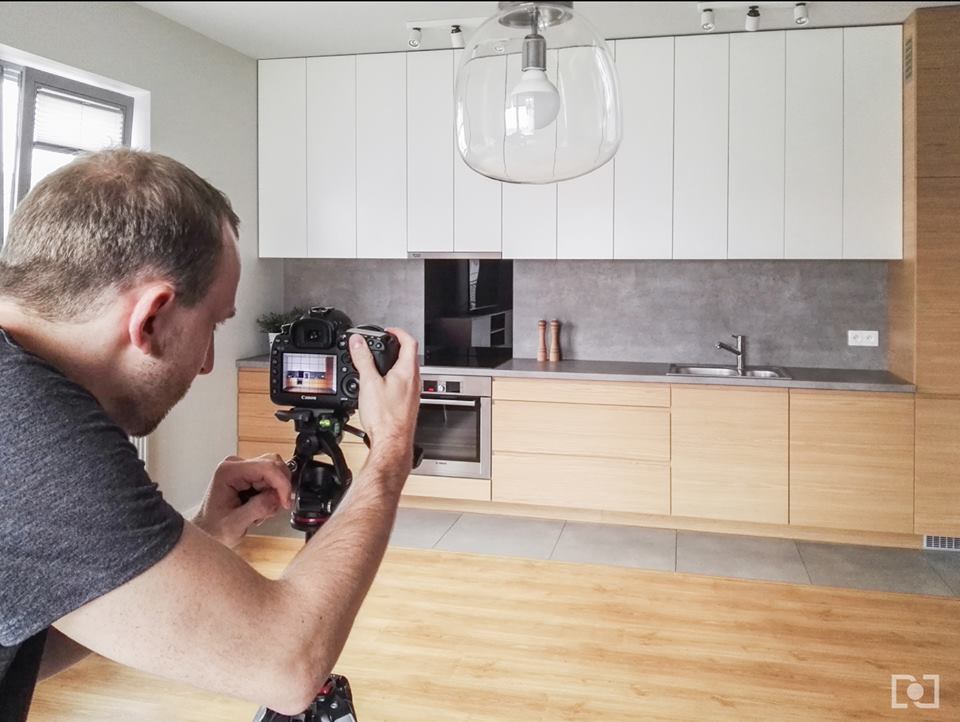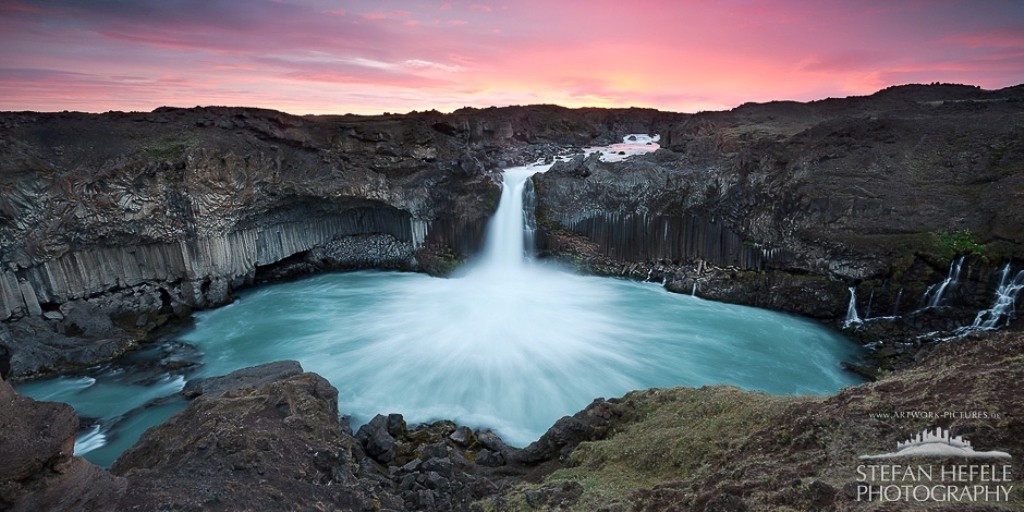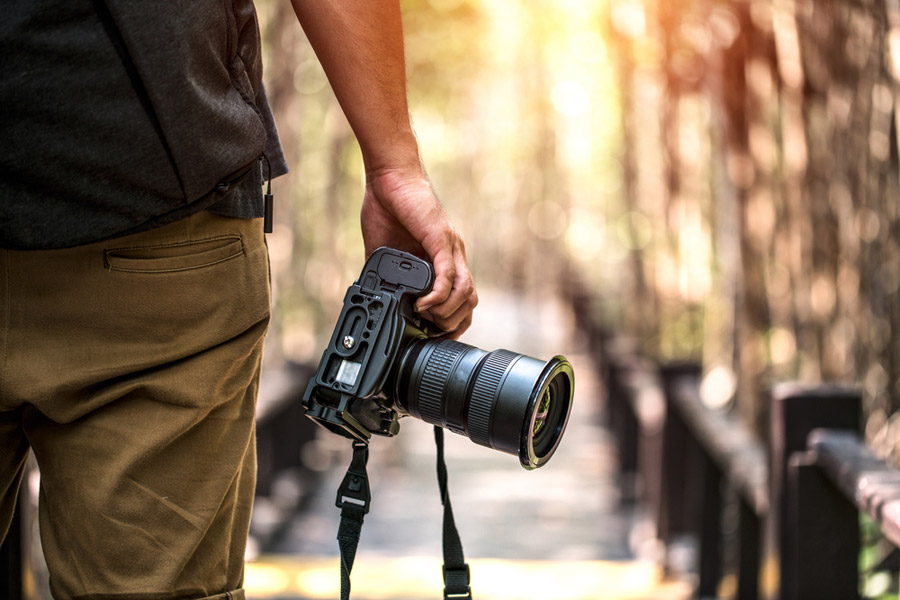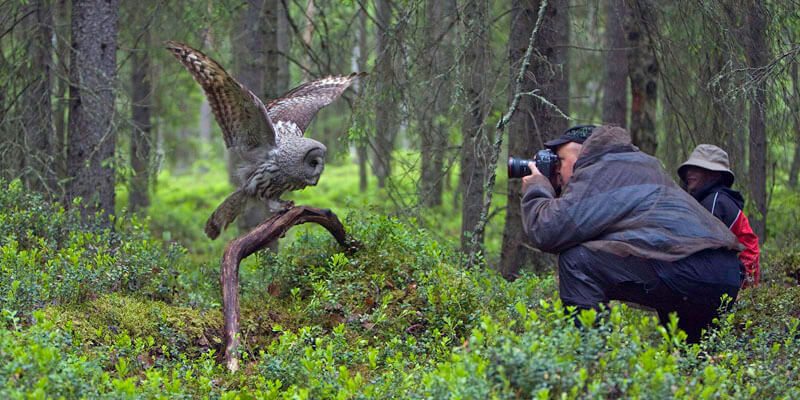There are several events that take place around us and need to be recorded by best press photographers in order to allow people from around the world to know what happens without the need to travel or even move from their place to know what occurs around them. Using words is not enough to record the current events, news and lifestyle stories and here comes the role of press photography that allows us to enjoy what we read like stories.
The photographs are also like evidences that prove what is written and without these photographs you will find that what you read is really boring. The role of the press photographers can be developed to be a photojournalist but this requires using both images and words to be able to tell the story and convey your message.
Press photographers can be found in different fields and work in several areas such as lifestyle, sports, entertainment, current events and even wars to risk their lives for the sake of showing the reality. If you want to discover more about press photographers and their works, take a look at the following top 10 best press photographers in the world with being based on their creative work and experience.
TOP 10 Best Press Photographers in the World
10 Daniel Berehulak – Press Photographer in Australia
Daniel Berehulak is an award-winning photojournalist who was born in Australia and lives in New Delhi, India. He has travelled to more than 50 countries around the world such as Afghanistan, Egypt, Iraq, Japan and Pakistan to cover what happens there including the important events that shape the history such as the trial of Saddam Hussein, Iraq war, Afghanistan elections and more social and political events that take place in different countries.
Daniel started his career as a freelance photographer with Getty Images and then joined Reportage by Getty Images. Daniel’s work has also appeared in The New York Times, Time Magazine and other international newspapers and magazines.
9 Darcy Padilla – Press Photographer in United States
Darcy Padilla is a creative photojournalist, documentary photographer, lecturer, and member of Agence Vu. She is known for her amazing documentary projects that receive international awards.
Darcy Padilla has won several international awards for her creative work such as John Simon Guggenheim Foundation Fellowship, W. Eugene Smith Grant for Humanistic Photography, Open Society Institute Individual Fellowship, Alexia Foundation for World Peace Professional Grant, Three World Press Photo Awards and more. Her work has been published internationally to be found in The New York Times, The Atlantic, Le Monde, The New Yorker and more.
8 Muhammed Muheisen – Press Photographer in Palestine
Muhammed Muheisen was born in Jerusalem but lives now in Islamabad where he works as Associated Press Chief Photographer for Pakistan. He has also been appointed as a Middle East, Afghanistan and Pakistan Chief Photographer in Jordon by AP. Muhammed Muheisen comes to cover wars and other major and important events that take place in the Middle East including Iraq war, the capture of Saddam Hussein, the funeral of Palestinian President Yasser Arafat, civil war in Syria and more events that occur in the surrounding areas including Egypt, France, Syria, Afghanistan, China and Saudi Arabia.
He has received several awards such as Two times Breaking News Pulitzer Prize, TIME Magazine best wire photographer, Oliver S. Gramling Award for journalism and Picture of the year 2007 POYI.
7 Alex Webb – Press Photographer in United States
Alex Webb is a professional photographer whose passion for photography started to appear when he was still in high school. He began his career as a professional photojournalist in 1974 with Magnum Photos and he was capturing his photographs in black and white until 1978 when he started photographing in color.
Webb has published seven photography books and has received several international awards for his creative work such as Lucca Photo Festival Award, John Simon Guggenheim Fellowship, David Octavius Hill Medaille, Leica Medal of Excellence, National Endowment for the Arts Fellowship, Overseas Press Club Award and more.
6 Reza Deghati – Press Photographer in Iran
Reza Deghati is a French-Iranian photojournalist who is widely known as Reza. He is not just a photographer as he is also a humanist, philanthropist and idealist. He has over 30 years’ experience in photography and primarily works for National Geographic. Reza has travelled to over one hundred countries around the world to cover different events such as human catastrophes, conflicts, revolutions and the beauty of humanity also appears in his photographs.
Reza also tries to help women and children to live a better life and he has won numerous awards such as World Press Photo second prize, UNICEF Hope Prize for his work on Rwandan Refugee Camps, Prince of Asturias Prize for being a representative of National Geographic Society, Missouri Honor Medal of best journalist, ICP (International Center of Photography) Infinity Award and more.
5 Mosa’ab Elshamy – Egyptian Press Photographer
It may be the first time for you to hear about Mosa’ab Elshamy may be because he is still young and has recently appeared. The Egyptian photographer at the Associated Press started capturing photographs as an amateur but his passion for photography has quickly turned him to be one of the famous photojournalists in the world and forced him to leave studying for his Bachelor degree in Pharmacy.
He started his career with covering the Egyptian revolution in 2011 and after that appeared the consequences which were more serious and deserve to be recorded. Mosa’ab Elshamy’s work has appeared in several international magazines and other publications such as The New York Times, Time Magazine, Paris Match and Rolling Stone. He has also worked for different agencies such as Getty Images, EPA and AFP. He won several awards such as The Bob’s award and more awards for his creative work.
4 James Nachtwey – Press Photographer in United States
James Nachtwey considers himself a witness and his pictures are his testimony. The surrounding conditions and major events such as the Vietnam War and the American Civil Rights movement were responsible for encouraging James to become a photographer. He started his career in New Mexico as a newspaper photographer in 1976 and in 1984 he started working with Time Magazine as a contract photographer.
He travelled to different areas such as Israel, Gaza, South Africa, Brazil, Sudan, Somalia, Afghanistan and more for documenting critical social issues, wars and conflicts. He won numerous awards and honors and his work has appeared in the New York Times Magazine, National Geographic, Paris Match, Vanity Fair, Stern, The New Yorker, Life and Harper’s Magazine.
3 Tomasz Gudzowaty – Press Photographer in Poland
Tomasz Gudzowaty is a famous Polish photographer who specializes in documentary, art and portrait photography. He received numerous honors and awards such as The World Press Photo nine times, Black & White Spider Awards, Pictures of the Year International, NPPA Best of Photojournalism, Grand Press Photo and more.
He travelled to more than 100 countries around the world for covering social issues in these countries in addition to focusing on capturing photographs of sports and wildlife. His work has been internationally published in magazines and books and can also be found in exhibitions at galleries and museums.
2 Henri Cartier-Bresson – French Press Photographer
Henri Cartier-Bresson is a professional French photographer who started his career in the field of photography in 1932. In 1940 Henri was taken as a prisoner of war but succeeded in escaping in 1943 to join an underground organization for helping prisoners and escapees. He photographed the liberation of Paris in 1945 and founded Magnum Photos in 1947 with William Vandivert, George Rodger, David ‘Chim’ Seymour and Robert Capa but in 1968 Henri started to care more about painting and drawing instead of his photographic activities.
He received numerous honorary doctorates and awards such as Overseas Press Club of America Award four times, Novecento Premio, Grand Prix National de la Photographie, Deutsche Gesellschaft für Photographie, Prix de la Société Française de Photographie and A.S.M.P. Award.
1 Steve McCurry – Press Photographer in United States
Steve McCurry is one of the most professional photographers in the whole world since he has over 30 years’ experience and his work has appeared on magazine and book covers in addition to several exhibitions that can be found around the world. Steve McCurry started his career as a freelance photographer at a local newspaper and then travelled to India to explore it using his camera. He travelled to other countries such as Pakistan, Yemen, Iraq, China and Afghanistan to cover international and civil conflicts, ancient traditions and vanishing and contemporary cultures with focusing on the human element that makes his images more impressive.
Steve McCurry was the first one to record the conflict in Afghanistan through his images and he is widely known for his image “Afghan Girl” that is considered to be one of the most powerful and impressive images in the world. Steve received numerous prestigious awards such as the National Press Photographers’ Association Award, Robert Capa Gold Medal and four first prizes in the World Press Photo Contest, to name a few.
How to Become a Press Photographer: A Comprehensive Guide
Press photographers play a crucial role in the world of journalism by capturing powerful images that tell compelling stories. Their photographs are featured in newspapers, magazines, and online publications, providing visual documentation of important events and current affairs. A press photographer’s work requires not only technical skill but also the ability to capture the essence of a moment and convey it to the viewer.
Key Takeaways:
- Press photographers capture images for newspapers, magazines, and online publications.
- They play a vital role in visual storytelling and documenting current events.
- Technical skills, creativity, and the ability to work in high-pressure situations are essential for success in this field.
Defining a career in Press Photography
A career in press photography is an exciting journey that requires dedication, perseverance, and a passion for storytelling through images. Press photographers are responsible for capturing moments that shape our understanding of the world, communicating powerful emotions and conveying information in a single frame.
The Role of a Press Photographer:
Press photographers are tasked with documenting newsworthy events, ranging from political rallies and protests to sports competitions and cultural festivities. They need to be proactive in seeking out stories and moments that are worth capturing. They frequently work alongside journalists to ensure that their visual representation accurately reflects the written narrative.
Daily Responsibilities for Press Photographers:
On a typical day, a press photographer may find themselves attending press conferences, covering breaking news stories, or documenting feature stories. They must be able to work in fast-paced and high-pressure environments, as they often have to meet tight publishing deadlines. Additionally, they are expected to maintain their equipment, archive their photographs, and continuously seek opportunities to capture visually compelling shots.
What makes a good Press Photographer?
To excel as a press photographer, one must possess a range of qualities and skills. Beyond technical proficiency, the ability to think creatively, adapt to different situations, and connect with people is essential. Patience and a keen eye for detail are also crucial, as capturing the perfect shot may require waiting for the right moment to unfold.
Benefits and Challenges of a career in Press Photography
While a career in press photography offers many rewards, it also comes with unique challenges. Let’s explore both the benefits and struggles that press photographers often encounter.
Starting with the benefits, press photography provides an opportunity to witness history in the making and be a part of significant events worldwide. Press photographers have the privilege of capturing memorable moments that can leave a lasting impact on society. Moreover, they can develop a diverse portfolio by covering various subjects and topics, allowing for personal and professional growth.
However, the challenges of working as a press photographer should not be overlooked. Press photographers often face unpredictable working hours, with assignments sometimes requiring them to be available at a moment’s notice. They must be adaptable to different environments and weather conditions, as they can find themselves working in extreme temperatures, crowded spaces, or even hazardous situations. Furthermore, the competitive nature of the industry means that securing stable employment and advancing in one’s career can be demanding and require consistent effort.
Types of Photographers in the Press Industry
The press industry encompasses various types of photographers, each with unique roles and responsibilities. Understanding these different specialties can help aspiring press photographers explore specific areas of interest and build their expertise.
Photojournalists:
Photojournalists focus on capturing images that accompany news articles or reportages. They often work closely with journalists to visually represent a story, ensuring that their photographs complement the written content. Photojournalists must capture the essence of a situation or event accurately. Their images are expected to evoke emotions and provide an in-depth visual understanding of the news.
Sports Photographers:
Sports photographers specialize in capturing moments during sporting events, from professional leagues to local competitions. They need to be quick on their feet and capture action shots that convey the energy and excitement of the game. Sports photographers often work in fast-paced and dynamic environments, requiring them to have excellent timing, fast autofocus abilities, and knowledge of the sport they are covering.
Documentary Photographers:
Documentary photographers focus on storytelling through a series of images. They delve into social, cultural, or political issues, often spending extended periods on a particular project. Documentary photographers need empathy, strong narrative skills, and the ability to build relationships with their subjects. Their work aims to shed light on important stories that may otherwise go unnoticed.
Press Event Photographers:
Press event photographers specialize in covering high-profile events, such as political summits, conferences, and red carpet gatherings. They are responsible for capturing images of attendees, key speakers, and notable moments during the event. Press event photographers must have excellent interpersonal skills and be able to navigate large crowds while maintaining a professional and unobtrusive presence.
By understanding the various types of photographers within the press industry, individuals can explore different opportunities and find their niche based on their interests and skills.
Steps to Becoming a Press Photographer
Becoming a press photographer requires a combination of education, practical experience, and a strong portfolio. Here are the essential steps to embark on this career path:
1. Begin with a keen interest in Photography
A passion for photography is the starting point for any aspiring photographer. Take the time to explore different genres of photography, experiment with various techniques, and practice capturing compelling images. Getting comfortable with your camera and understanding its capabilities is crucial, as it will serve as an extension of yourself throughout your journey.
Exploring Interest in Photography
Attend photography workshops, seminars, or exhibitions to broaden your knowledge and gain inspiration from established photographers. Connect with other photography enthusiasts through online communities or local photography clubs. By immersing yourself in the world of photography, you can further understand your passion and refine your artistic vision.
2. Obtain Necessary Education and Credentials
While formal education is not a strict requirement for becoming a press photographer, it can provide a strong foundation and enhance your skills. Pursuing a bachelor’s degree in photography or a related field can offer valuable theoretical knowledge and hands-on experience. Additionally, some universities and institutions offer specialized programs in photojournalism, which focus specifically on the skills needed for press photography.
Importance of Bachelor’s Degree in Photography
A bachelor’s degree in photography allows aspiring press photographers to develop a strong understanding of different photography techniques, gain exposure to various genres, and learn the technical aspects of camera operation, lighting, and composition. It also provides opportunities for mentorship and networking within the industry.
Value of Certificate Programs and Workshops
For those who may not have the time or resources to pursue a degree, certificate programs and workshops can offer targeted and focused training in specific areas of photography. These shorter-term programs can help hone your skills, deepen your knowledge, and provide practical experience through hands-on assignments and real-world projects.
3. Gain Essential Skills
To succeed as a press photographer, certain skills are essential to master:
Importance of Developing Technical Skills
Technical proficiency is crucial in the world of press photography. Understanding camera settings, exposure, composition, and lighting techniques are foundational skills that every press photographer should possess. Being able to quickly adapt to different lighting conditions and capture sharp, well-exposed images in a variety of situations is essential.
Significance of Creativity and people skills in Photography
While technical skills are vital, press photographers must also cultivate their creativity to capture unique and captivating images. Developing an artistic vision and being able to tell a story through your work will set you apart. Additionally, press photographers often interact with people from different backgrounds and cultures. Building strong interpersonal skills and being able to establish a rapport with subjects is crucial for capturing authentic and engaging photographs.
4. Build a Portfolio
Creating a strong portfolio is a fundamental step in becoming a press photographer. A portfolio showcases your best work and allows potential clients or employers to assess your skills and style. Include a variety of images that demonstrate your ability to capture different subjects, situations, and emotions.
Role of a Professional Portfolio in a Press Photographer’s Career
A professional portfolio should be well-curated, visually engaging, and reflect your unique style. It should showcase your ability to capture impactful moments, tell stories, and provide a glimpse into your technical skills and artistic vision. Regularly updating your portfolio with your best and most recent work is essential to stay relevant and showcase your growth as a photographer.
5. Seek Employment
After honing your skills and building a portfolio, it’s time to enter the job market as a press photographer. Explore various avenues for employment, including newspapers, magazines, online publications, and wire services. Additionally, consider applying for internships or assisting established press photographers to gain practical experience and expand your network.
Tips on where to find job listings and internships
- Regularly check job boards and websites dedicated to photography and journalism. Many organizations and media outlets advertise their job openings online.
- Reach out to local newspapers, magazines, or online publications directly. Even if they don’t have any current openings, expressing your interest and sharing your portfolio could lead to future opportunities.
- Network with professionals in the industry. Attend photography conferences, workshops, or industry events where you can connect with potential employers or colleagues. Building relationships and showcasing your work can lead to word-of-mouth recommendations and job prospects.
6. Career Advancements
As a press photographer, there is always room for growth and advancement within the industry. Here are some strategies to continually advance your career:
How to keep advancing in the Photography industry
- Continue to refine your technical skills and stay updated on the latest trends and technology in photography. Regularly attend workshops or enroll in advanced courses to expand your knowledge.
- Seek mentorship opportunities with established press photographers or industry professionals. Learning from experienced practitioners can provide invaluable guidance and insights.
- Experiment with different photography styles and explore personal projects. This will not only allow you to push your creative boundaries but also provide new material for your portfolio.
- Build a strong online presence through a website or social media platforms dedicated to your photography. This can help you gain exposure, attract potential clients or employers, and showcase your expertise.
By continually seeking new challenges, expanding your skill set, and staying engaged with the photography community, you can carve a successful and fulfilling career path as a press photographer.
How to excel in Press Photography: Technical and Soft Skills
To excel in press photography, a combination of technical expertise and soft skills is necessary. Let’s delve into both aspects:
Technical Skills:
- Mastering camera operation, exposure settings, and composition techniques is key to consistently capturing high-quality images. Understanding your equipment and its capabilities will enable you to adapt to different shooting conditions.
- Proficiency in photo editing software, such as Adobe Photoshop or Lightroom, is essential for post-processing and enhancing your photographs. This includes basic adjustments like exposure and color correction, as well as more advanced techniques like retouching and compositing.
Soft Skills:
- Adaptability is crucial for press photographers, as they often work in ever-changing environments and must be prepared to capture unexpected moments. Being able to think on your feet and adjust your approach accordingly will be valuable.
- Effective communication skills are essential when interacting with individuals or groups during assignments. Building rapport, giving clear instructions, or gaining access to restricted areas may require strong interpersonal skills.
- Attention to detail is vital for ensuring the accuracy and quality of your photographs. From checking exposure settings to composing shots with precision, paying attention to the smallest elements can make a significant difference in the impact of your images.
- Time management is essential, as press photographers often work under tight deadlines. Being able to organize your workflow, prioritize tasks, and deliver on time is crucial for success in this fast-paced industry.
By combining technical expertise with these soft skills, press photographers can thrive and consistently produce exceptional work.
Tools and Equipment Required for Press Photography
To capture high-quality photographs in the fast-paced world of press photography, certain tools and equipment are necessary. Let’s explore the essential gear needed:
Guide to Essential Photography Equipment
- Camera Body: Invest in a high-quality DSLR or mirrorless camera body that suits your specific requirements. Consider factors like image quality, low-light performance, burst shooting capabilities, and durability.
- Lenses: A range of lenses will allow you to capture different types of shots effectively. A versatile zoom lens, such as a 24-70mm, can cover a wide range of focal lengths, while a telephoto lens, like a 70-200mm, is ideal for capturing subjects from a distance.
- Memory Cards: Ensure you have an ample supply of high-capacity memory cards to accommodate the large number of images typically captured by press photographers. Opt for fast, reliable cards to minimize the risk of data loss or write-speed limitations.
- Batteries and Charger: Carry spare batteries and a charger to ensure uninterrupted shooting, especially during long events or assignments. Depending on your camera model, consider investing in a battery grip for extended battery life.
- Tripod or Monopod: While often not essential, a tripod or monopod can be useful in certain situations, such as capturing steady low-light shots or stabilizing long telephoto lenses.
- External Flash: An external flash can be beneficial for situations where additional lighting is required, such as indoor events or situations with poor natural light.
- Camera Bag: Choose a durable and practical camera bag that provides protection for your gear while offering ease of access and comfort. Look for features like padded compartments, weather resistance, and adjustable straps.
Photo Editing Tools for Press Photographers
- Adobe Photoshop: As the industry standard, Adobe Photoshop offers a wide range of editing tools and capabilities for retouching, color correction, and optimizing images.
- Adobe Lightroom: Lightroom is a powerful software specifically designed for photographers. It provides comprehensive photo management and editing features, allowing you to organize, edit, and export images efficiently.
- Capture One Pro: Capture One Pro is an alternative to Lightroom, offering advanced editing tools and excellent color grading capabilities. Many professional photographers prefer it for its robust color rendering.
- Photo Mechanic: Photo Mechanic is a fast and efficient software tool for importing, reviewing, and selecting images. Its streamlined workflow and advanced metadata functionalities make it a favorite among press photographers for quickly culling and organizing images.
By investing in the right equipment and utilizing reliable editing software, press photographers can ensure their images reach their full potential.
Strategies and Best Practices of Successful Press Photographers
To excel in the dynamic field of press photography, adopt the following strategies and best practices:
- Stay informed: Keep up with current events and trends in journalism. Familiarize yourself with the stories that are making headlines, as well as emerging topics that deserve attention. The ability to anticipate newsworthy events can give you a competitive edge.
- Build relationships: Cultivate strong connections with journalists, editors, and other professionals in the industry. Networking can open doors to opportunities, collaborations, and assignments. Attend industry events and engage with individuals who can support and mentor you.
- Be proactive: Don’t wait for assignments to come to you. Take initiative and generate your own story ideas. Pitch your ideas to publications or news outlets that align with your interests and expertise. A proactive approach demonstrates your commitment and ability to take charge.
- Hone your storytelling skills: Invest time in understanding how images can convey narratives. Study the work of renowned photojournalists and analyze how they capture emotion, context, and action in their photographs. Practice discerning powerful storytelling moments, and aim to incorporate those elements into your own work.
- Practice ethical journalism: It’s essential to maintain the integrity of your profession by adhering to ethical standards. Respect your subjects’ privacy, observe copyright laws, and accurately represent the content of your images. Familiarize yourself with ethical guidelines specific to press photography and strive to meet those principles.
- Stay adaptable and embrace challenges: The nature of press photography often requires flexibility and the ability to handle unexpected situations. Embrace challenges as opportunities for growth and learning. Be open to exploring new genres, techniques, or assignments that push your boundaries and expand your skill set.
By implementing these strategies and adhering to best practices, you can establish yourself as a professional and successful press photographer.
Wrap Up
Becoming a press photographer is an exciting and rewarding journey for individuals passionate about visual storytelling and capturing significant moments. Through a combination of technical proficiency, creativity, and effective communication, aspiring press photographers can make their mark in the industry.
By starting with a keen interest in photography, obtaining the necessary education and credentials, building a strong portfolio, and gaining practical experience, individuals can set themselves up for success in the field of press photography. It’s important to keep advancing your skills, seeking new opportunities, and adapting to the ever-changing landscape of journalism.
Equipped with the right tools and equipment, along with an understanding of the industry’s nuances and ethical guidelines, press photographers can excel in capturing moments that shape our understanding of the world and evoke powerful emotions. With passion, perseverance, and continuous growth, a career in press photography can be both fulfilling and impactful.

